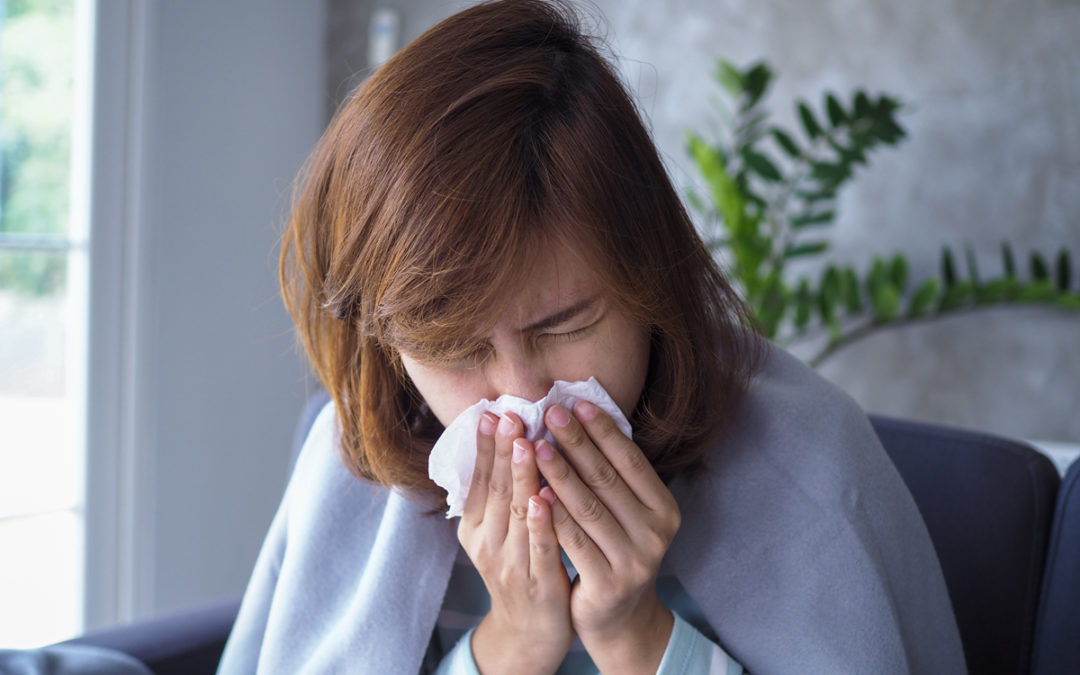It’s February in Chicago – we’re buried under snow, the wind never stops, and now with the COIVID-19 pandemic we are spending even more time indoors out of the cold weather. Unfortunately, just because spring time and traditional allergy season seem far away, there are still many hidden indoor allergens within our homes that trigger the itchey and watery eyes, runny nose and sneezing.
The first and most important step in treating winter allergies is identifying your allergy triggers. Once you know what’s ailing you, then you can take steps to avoid and begin preventative measures. The most accurate and effective way to determine your allergens is to have a comprehensive allergy skin test performed.
In the meantime, you can take action to reduce your exposure to these allergens. Here are a few tips to help make the remaining winter months more bearable.
1. Wash your sheets weekly in hot water to get rid of dust mites. Temperature should be above 130 degrees F for effectiveness.
If you are still experiencing severe allergies symptoms, give our office a call or schedule an appointment online.
Girl Scout Cookie Allergens Guide and Allergen-Conscious Imitation Recipes
March 12th is National Girl Scouts Day, and we’re taking advantage by participating in the age-old...
Valentine’s Day Gifts For Loved Ones With Allergies & Asthma
With Valentine’s Day right around the corner, you might be wondering what to get your loved ones....
Do Houseplants Help or Hurt Asthma and Allergies?
Today is Houseplant Appreciation Day! While we love some gorgeous greenery as much as the next...








